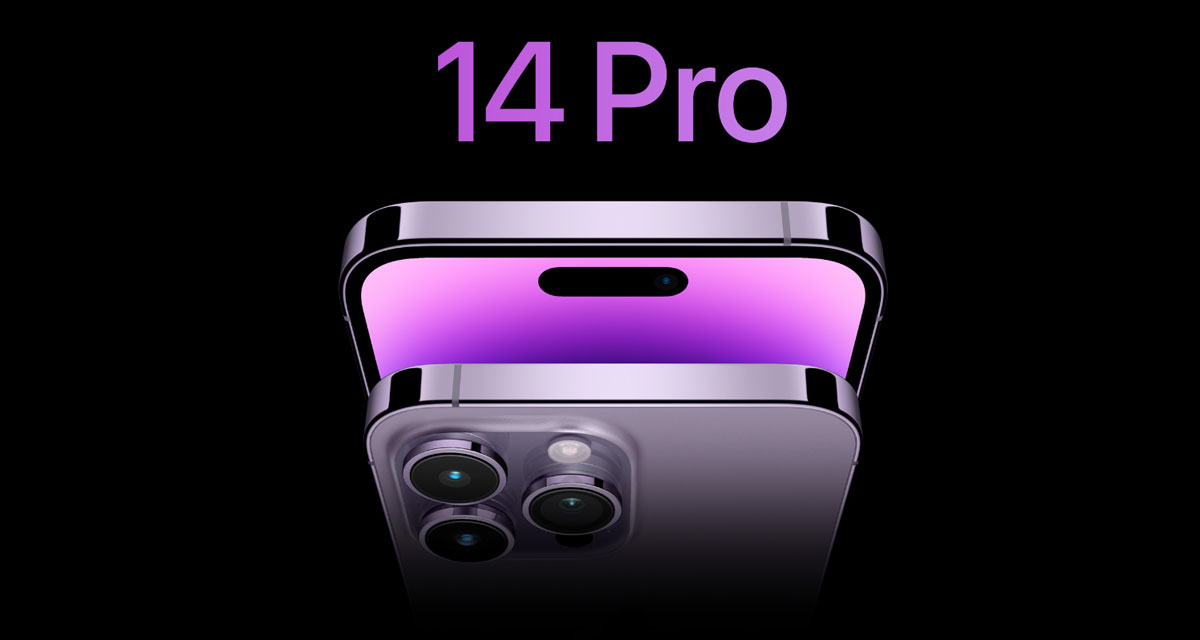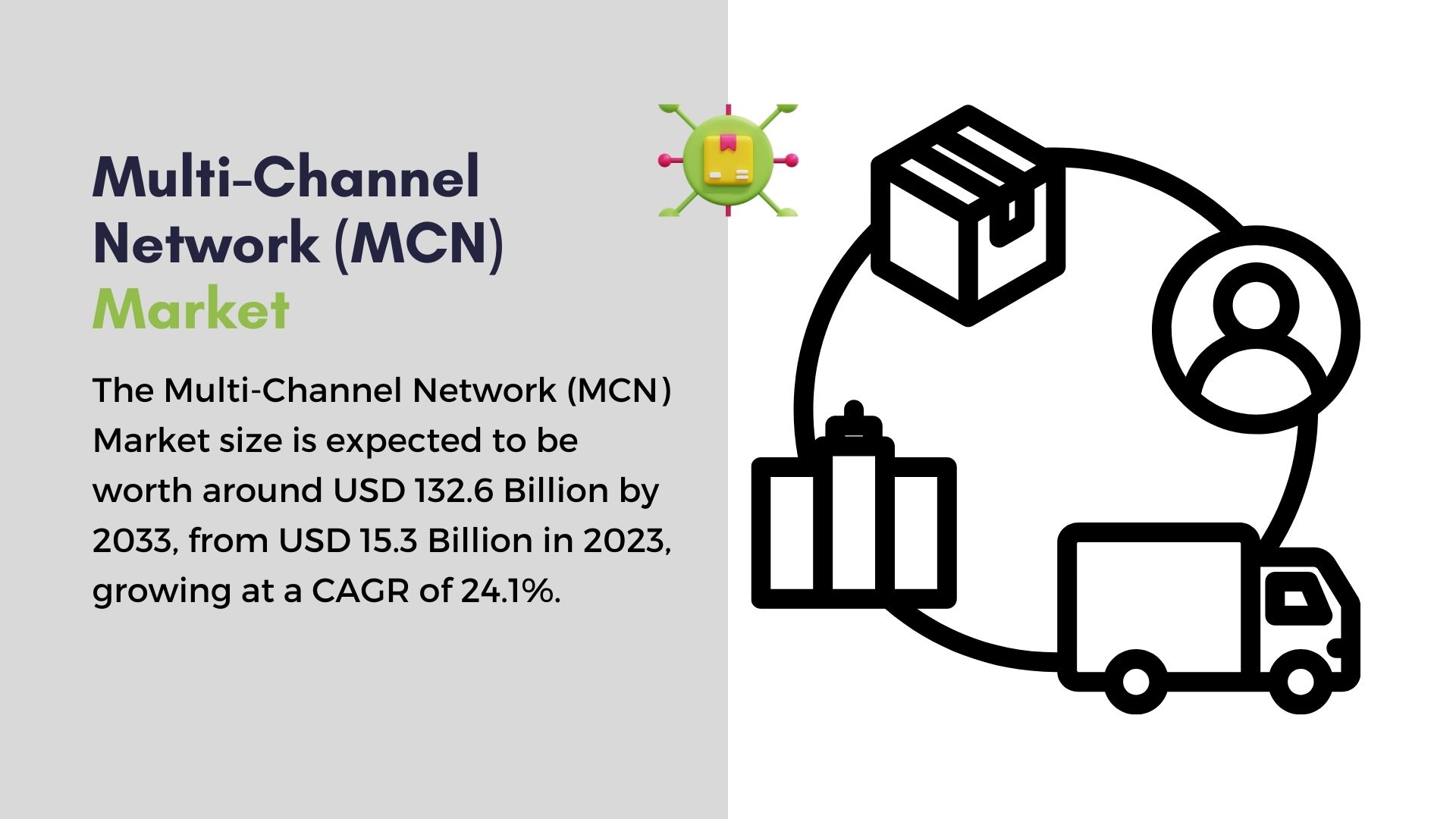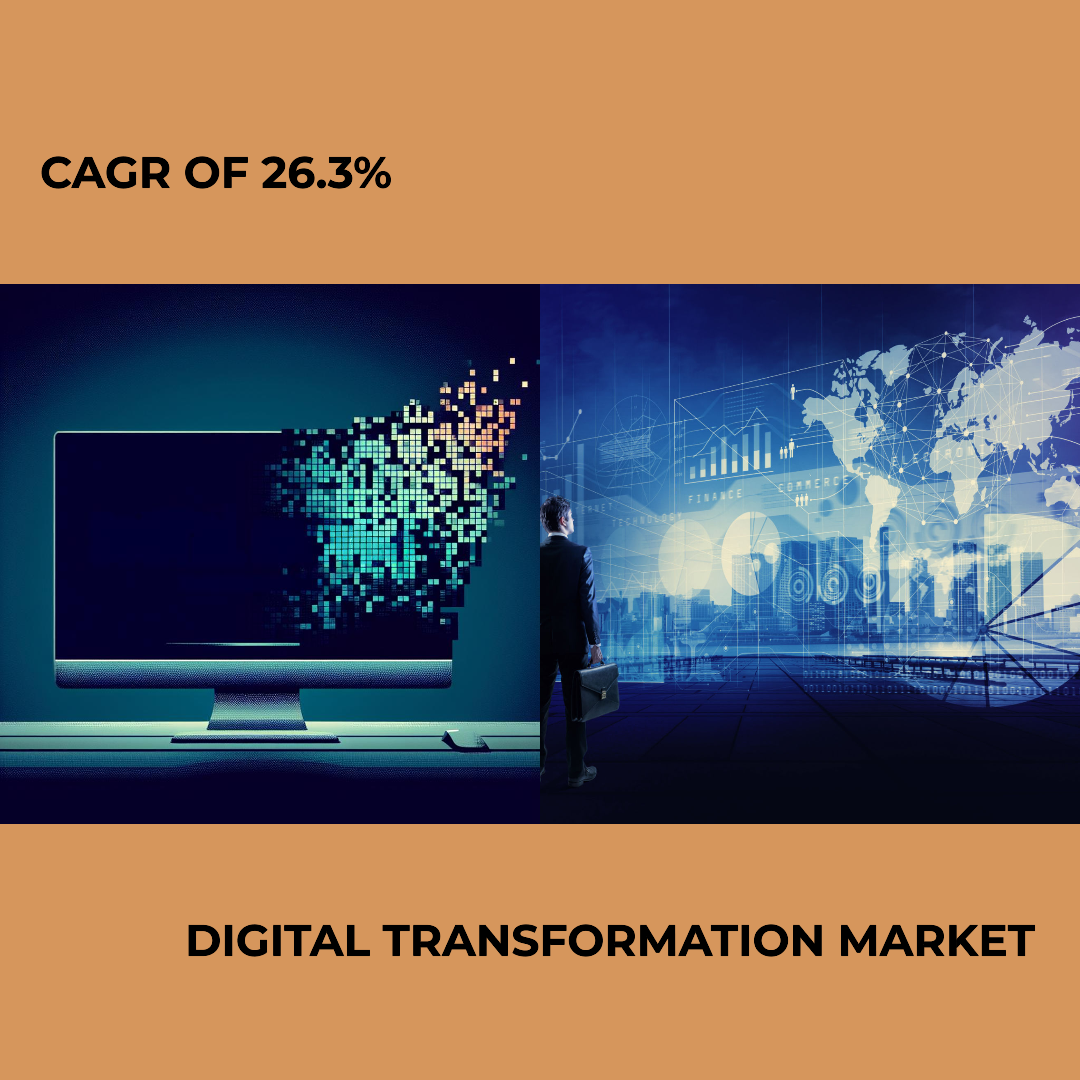Introduction
The global Point of Sale (POS) Software market is poised for significant growth, with projections estimating its value to reach USD 74.7 billion by 2032, driven by a robust Compound Annual Growth Rate (CAGR) of 15.1% during the forecast period. This growth trajectory is underscored by a variety of factors, opportunities, and challenges that shape the landscape of the POS software industry.
Among the primary growth drivers, the increased adoption of cloud-based POS systems stands out. Businesses are increasingly favoring cloud-based solutions for their scalability, flexibility, and cost-effectiveness. These systems facilitate remote access to data and transactions, which is especially beneficial for businesses operating in multiple locations. Furthermore, the shift towards mobile POS systems is notable, providing businesses with the ability to process transactions anywhere, thereby enhancing operational flexibility and customer service.

Challenges within the market include navigating the complexities of data security and privacy, particularly with the widespread adoption of mobile and cloud-based platforms. Ensuring robust security measures to protect sensitive customer and business data remains a critical concern for vendors and users alike.
Opportunities within the POS software market are abundant, particularly in sectors like retail and hospitality, where the demand for efficient, reliable transaction processing systems is high. The trend towards digitalization and the integration of advanced technologies such as artificial intelligence and machine learning into POS systems are expected to further propel market growth. These integrations can enhance functionalities like inventory management, sales reporting, and customer engagement, providing businesses with valuable insights and improved operational efficiency.
Point of Sale Software Statistics
- The global Point of Sale (POS) Software market is estimated to reach a substantial value of USD 74.7 billion by 2032, with a remarkable Compound Annual Growth Rate (CAGR) of 15.1% during the forecast period.
- A significant transformation is witnessed in the retail industry, with 55% of retailers adopting cloud-based POS systems in 2022, showcasing a notable increase from the previous year.
- On-premise solutions lead the market, capturing a substantial revenue share of 68.4%, particularly favored by larger enterprises prioritizing control and customization.
- Fixed POS systems dominate the market with a major revenue share of 55.7%, providing stability and robust functionality, especially suitable for businesses with high transaction volumes.
- Large enterprises command a significant revenue share of 60.1%, driven by their need for advanced POS solutions to manage complex operations efficiently.
- The retail segment emerges as the market leader, holding a major revenue share of 32.6%, relying heavily on POS systems to enhance customer experiences and streamline operations.
- North America dominates the market, holding a major revenue share of 37.8%, attributed to its extensive retail landscape and early adoption of technology and digital payment methods.
- Key players like SAP SE, Clover Network Inc., Oracle Corporation, Block Inc., and Shopify Inc. have established strong positions, offering comprehensive and feature-rich POS software solutions catering to various industries.
- 65% of retail stores are expected to use cloud-based POS software by 2024. Cloud solutions are becoming the norm for their flexibility and efficiency.
- A 40% increase in mobile POS adoption is predicted for small businesses from 2022 to 2024. This shows the growing need for mobility and convenience in transactions.
- About 55% of restaurants aim to connect their POS systems with online ordering and delivery platforms by 2024. This integration streamlines operations and enhances customer service.
- Over 70% of POS solutions will include CRM capabilities by 2024. This integration helps businesses improve customer relationships and loyalty.
- The application of POS software in inventory and stock control is expected to rise by 45% across the retail and hospitality sectors between 2022 and 2024. Efficient stock management is crucial for these industries.
- AI and ML incorporation in POS software is projected to reach over 60% by 2024, focusing on personalized recommendations and analytics. This technology helps in making data-driven decisions.
- Approximately 50% of retailers are planning to implement POS software with advanced reporting and business intelligence by the end of 2024. Such features are essential for strategic planning and performance monitoring.
- Integration with contactless and mobile payment technologies is estimated to be featured in over 65% of POS solutions by 2024. The demand for quick and safe payment methods is increasing.
- A 35% growth in adopting POS software for managing loyalty programs and engaging customers is expected between 2022 and 2024. Effective customer engagement is key to repeat business.
- Cloud-based data storage and backup in POS software are anticipated to be utilized by over 55% of deployments by 2024. Cloud storage offers security and accessibility advantages.
- Around 45% of retailers plan to integrate their POS systems with marketing and digital signage solutions by the end of 2024. This strategy aims to enhance in-store customer experiences.
- Advanced security features, like data encryption and fraud detection, are expected in over 70% of POS software solutions by 2024. Security is a top priority for businesses to protect customer data.
- The use of POS software for employee management and scheduling is projected to grow by 30% in retail and hospitality by 2024. Efficient scheduling improves operations and employee satisfaction.
Emerging Trends
- Cloud-based Solutions: More businesses are moving their POS systems to the cloud for better flexibility and accessibility.
- Mobile POS Systems: There’s a shift towards using mobile devices for transactions, making sales processes more dynamic and mobile.
- AI and Machine Learning: AI is being used to offer personalized customer experiences and predictive analytics in sales data.
- Contactless Payments: With health concerns, there’s a big push towards touchless transactions.
- Integration with E-commerce: POS systems are increasingly integrating with online sales channels, unifying in-store and online sales.
Use Cases
- Retail Inventory Management: Businesses track stock levels in real-time, reducing overstock and stockouts.
- Restaurants for Order Management: Restaurants use POS systems to manage orders, from the kitchen to the delivery.
- Customer Loyalty Programs: Businesses use POS data to run personalized loyalty programs, encouraging repeat business.
- Sales Reporting and Analytics: Companies use POS systems to generate sales reports, understand trends, and make informed decisions.
- Employee Management: POS systems help in scheduling shifts and tracking sales performance of employees.
Major Challenges
- Data Security: Protecting customer and business data within POS systems is a significant concern.
- Integration Issues: Ensuring seamless integration between POS systems and other business software can be challenging.
- Cost: Upfront costs for hardware and software, and ongoing costs for cloud services can be prohibitive for small businesses.
- Complexity: Learning and using all the features of a POS system can be overwhelming for some users.
- Technical Issues: Dealing with software bugs, hardware failures, and internet dependencies can disrupt sales processes.
Market Opportunity
- Small and Medium Businesses (SMBs): As SMBs grow, there’s a huge opportunity for POS providers to cater to this segment with scalable solutions.
- Emerging Markets: Expanding into emerging markets where digital payment systems are becoming more prevalent.
- Niche Industries: Developing POS solutions tailored for specific industries, like healthcare or beauty services.
- Software as a Service (SaaS): Offering POS software on a subscription basis, making it more accessible to a broader range of businesses.
- Eco-friendly Solutions: There’s a growing demand for paperless and energy-efficient POS solutions.
Key Player Analysis
- SAP SE – A giant in enterprise application software, helping businesses of all sizes operate profitably and adapt continuously.
- Clover Network Inc. – Offers an all-in-one point-of-sale system aimed at small to medium-sized businesses, combining sleek hardware with versatile software.
- Oracle Corporation – Provides a comprehensive cloud-based POS system as part of its extensive software and hardware products, enhancing customer service and business operations.
- Block Inc. (formerly Square Inc.) – Known for revolutionizing payments by allowing anyone with a mobile device to accept card payments.
- Shopify Inc. – Helps businesses manage their sales across various channels with an easy-to-use online platform and POS system.
- Lightspeed Commerce – Offers cloud-based POS and e-commerce software for small and medium-sized businesses, particularly in retail and hospitality.
- NCR Corporation – A technology company known for its ATM machines, also offering POS solutions to help businesses interact, transact, and connect with customers.
- H&L Australia – Provides POS and management solutions tailored for the hospitality industry, focusing on efficiency and customer service.
- Idealpos – Offers feature-rich POS solutions for a variety of industries, including retail, hospitality, and fuel.
- Revel Systems – Provides a cloud-based iPad POS system designed to enhance business operations for the retail and hospitality industry.
- TouchBistro Inc. – Offers an iPad POS system specifically designed to meet the unique needs of the restaurant industry.
- VeriFone, Inc. – Specializes in technology for electronic payment transactions and value-added services at the point-of-sale.
- Toast, Inc. – Provides a cloud-based restaurant software platform, including POS, front-of-house, back-of-house, and guest-facing technology.
- Bindo Labs, Inc. – Offers a cloud-based POS system that helps retailers in managing and growing their business online and offline.
- Epicor Software Corporation – Provides industry-specific business software designed for manufacturing, distribution, retail, and services organizations.
Conclusion
The POS software market is evolving rapidly, driven by technology trends like cloud computing, AI, and mobile systems. While businesses benefit from improved efficiency and customer insights, they also face challenges related to data security and system integration. The opportunity lies in addressing these challenges and targeting underserved segments, offering tailored, scalable solutions. As the landscape continues to shift, staying ahead of trends and adapting to new technologies will be key for businesses looking to leverage POS software effectively.
ABOUT AUTHOR

Kundan Goyal possesses a wealth of experience in Digital Marketing, offering valuable insights to businesses of all sizes. He actively contributes to industry-specific PR, news outlets, and forums, shaping discussions and driving forward-thinking strategies. Outside of work, HE enjoys carrom and has a deep passion for news editing and research. His strength lies in helping companies make informed, strategic decisions and predicting future trends. With his dedication and innovative approach, he is a versatile professional who brings a unique blend of skills and expertise to the ever-evolving digital landscape, enabling businesses to thrive in this dynamic environment.









